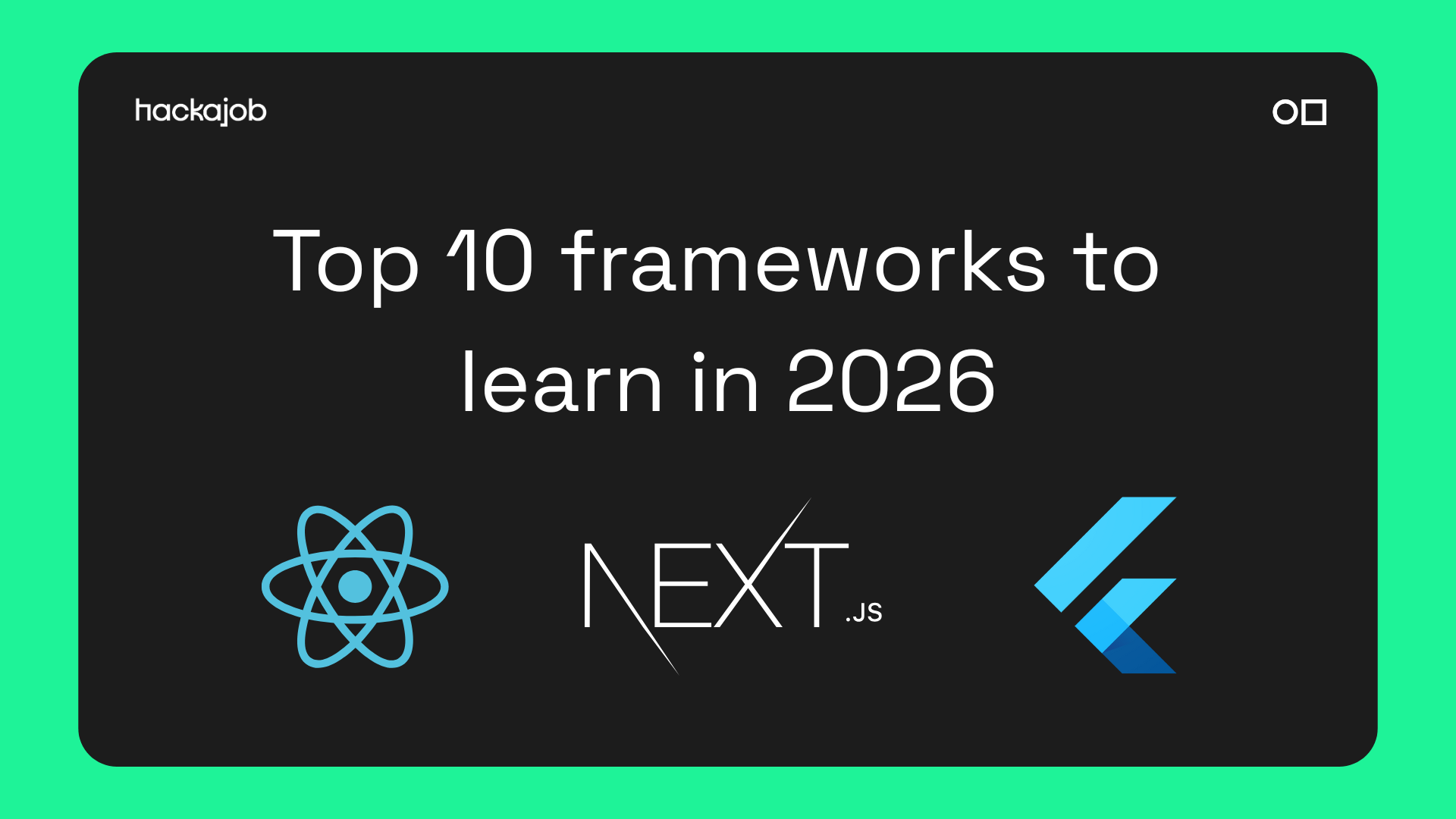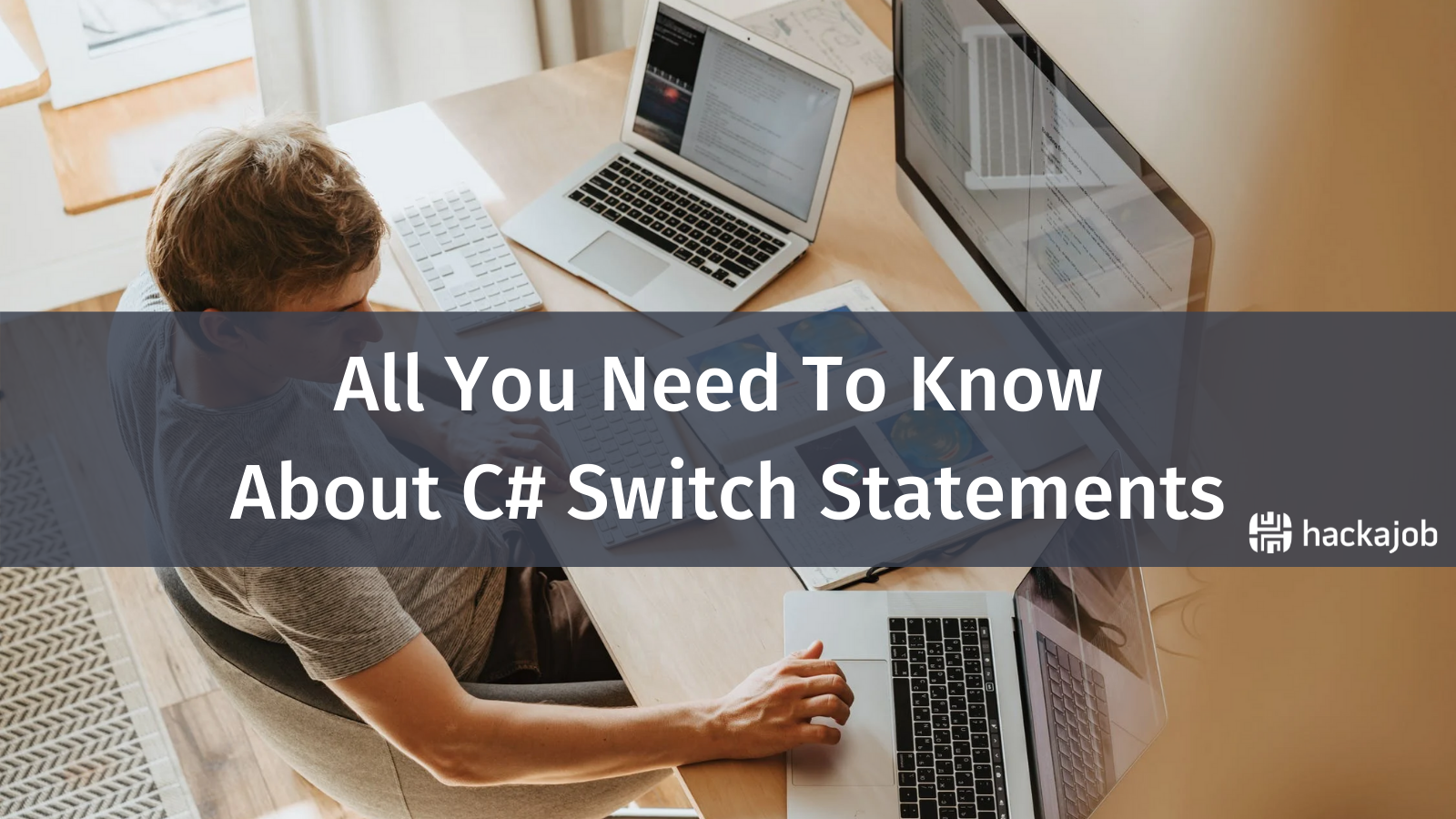.png?width=730&height=263&name=image%20(15).png)
Hi Rafaela, can you tell us a bit more about your journey into working at the BBC?
Initially, I aspired to become a forensic psychologist, but after moving from London to Manchester and opting not to attend university, I wanted to pursue a path that allowed for both learning and earning. My goal was to find an apprenticeship or graduate scheme where I could gain practical experience while earning money. This led me to the field of coding. I began by teaching myself through resources like W3Schools, Codecademy, and various YouTube tutorials. Additionally, I enrolled in a tutor-led course called Shift Click, which I completed over a year or two. Eventually, this journey enabled me to secure a position at the BBC. Although my route was unconventional, it proved to be a meaningful and rewarding experience.
What motivated you to decide against attending university, and how did you navigate an alternative route into tech?
Indecisiveness is a trait I struggle with, and the thought of committing to a degree only to find it unsatisfactory halfway through made me nervous. I was also concerned about accumulating significant debt. I looked into my options and saw I that an apprenticeship offered greater flexibility. If I decided it wasn’t the right fit, I wouldn’t face a financial burden. The graduate scheme I chose was ideal, providing the opportunity to explore various teams and sectors within the BBC. This flexibility is allowing me to discover my true passion, whether in backend, frontend, or full-stack development. I’m glad I didn’t just attend university as I’ve found the path for me.
Can you also share more about how you learned to code and which resources were most helpful to you?
I began learning to code using W3Schools, which is great for new starters and still a valuable resource even for those with more experience due to its clear and straightforward language. Alongside W3Schools, I used Codecademy, which offers beginner-friendly tutorials and more advanced courses based on experience levels. FreeCodeCamp was another useful resource I frequently relied on. Additionally, I enrolled in Shift Click, a free course designed for under-represented young people looking to enter the tech industry.
I also participated in a few hackathons to gain experience in collaboration, pairing, and working with deadlines. YouTube videos proved to be another helpful tool. Initially, I aimed to become a Game Developer, so I explored Unity, a game development engine that offers interactive courses. Through Unity, I learned C# and other related languages, which provided an engaging way to build characters and develop projects.
Can you walk us through the application process for the BBC’s grad scheme? Were there any challenges and/or rewarding parts that you faced along the way?
The initial stage of the application process required a written submission detailing my experience, personal projects, and coding journey. This included four pages where I documented my learning process, such as my Python projects, hackathon participation, and links to completed courses on W3Schools and Codecademy. I aimed to provide thorough evidence of my skills and experiences.
The next stage, contingent on the approval of my written application, involved a coding task with a deadline of approximately 4-6 weeks. For this task, I was required to create a Blackjack game using a programming language of my choice. This proved challenging as I was working independently, without external support. Managing my time effectively was a new experience for me, especially without a university background in coding.
The final stage consisted of two interviews. The first was a technical interview where I was asked to explain my coding decisions. Articulating the reasoning behind my choices was crucial, even when the methods I used were not ideal. This process was a valuable learning experience, teaching me the importance of explaining and justifying my work. The second interview was non-technical and more straightforward, though I still connected it to my technical knowledge where relevant.
I started my application in October and received an offer roughly February the following year.
What does your typical day look like and can you share some insights on the various technologies you’ve worked with so far? Is there anything you’d like to specialise in?
A typical day for me varies depending on whether I work from home or go into the office. On days when I go to the office, I usually arrive around 9:30 AM, with the stand-up meeting starting at 9:45 AM. After stand-up, I return to my desk and start working on a ticket. The workday is generally relaxed, with occasional meetings, but nothing too intense. I also enjoy yoga, so I sometimes use my lunch break for a session to alleviate bad posture and get some fresh air. I typically finish work around 5:00 PM.
Regarding work hours, I can start any time between 8:00 and 10:00 AM, provided I am present for the stand-up meeting. In terms of the technology stack, I have worked with TypeScript, Jenkins, Scala, Python, and AWS SageMaker, and I have gained considerable experience with Git and GitHub. While I have explored various frameworks, these are the primary technologies I have engaged with.
Looking ahead, I aim to deepen my expertise in AWS and Python. Enhancing my proficiency in these areas is important to me, as AWS is widely used across the industry and Python is a valuable skill set to develop further.
It seems as though the BBC helps you holistically; can you share how opportunities such as blogging, speaking on panels and hosting events has contributed to your growth in soft skills?
Being given the opportunity to take part in various panels, interviews and presentations (internally and externally) has helped me with my confidence when it comes to speaking in technical and non-technical meetings. Knowing how to express something depending on my audience and how to convey a message has helped me improve my communication skills and encouraged me to speak out more often. It’s made me a lot more confident and also helped me with knowing how it's articulate myself and how to present a problem.
How does the BBC support young people and those who choose non-traditional routes into tech? Any advice for those looking to make a similar transition?
There is now a significant emphasis on incorporating individuals from diverse backgrounds into the workforce. Whether you are a young person who opted not to attend university or someone making a career transition, there is great value in bringing different life experiences to the table. The BBC recognises this and seeks to attract such talent into the organisation.
My advice is to embrace your past experiences, even if they are not directly related to technology. These experiences can help you stand out as a candidate and offer fresh viewpoints that may not be considered by those with more traditional backgrounds. Your unique mindset and problem-solving approach contribute to the diversity of thought that fosters innovation and prevents stagnation. The goal is to create engaging and novel solutions, rather than simply replicating conventional approaches.
What has surprised you the most about working at the BBC, especially in terms of work culture and flexibility?
I was pleasantly surprised by how relaxed the environment at the BBC is. I had anticipated a formal atmosphere, with strict dress codes and rigid schedules, but it’s quite the opposite. The dress code is casual, you can start work at flexible hours, and the workplace is accommodating of personal circumstances, such as having children, which might affect office attendance.
Additionally, the BBC offers numerous opportunities for growth and development. Before joining, I had never done so much public speaking, but it’s become a frequent part of my role. The BBC provides ample opportunities to expand your skills and explore different areas within the organisation. For example, the BBC Academy and various attachments allow you to explore different sectors. Even if you have extensive experience in one field, you can try something new, such as journalism, on a part-time basis. This flexibility and variety are a significant advantage of working here.
Want to join the BBC?
If you’d like to join the team at BBC, then create a profile on the hackajob platform or log in to your profile here. Follow what they are up to on their hackajob profile.
Like what you've read or want more like this? Let us know! Email us here or DM us: X, LinkedIn, or Instagram, we'd love to hear from you.


